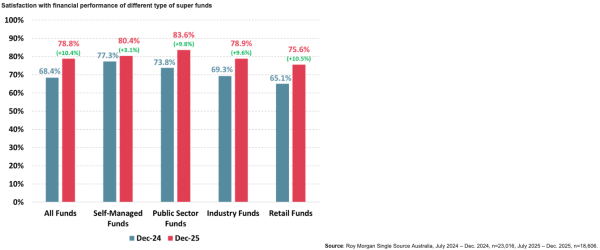Accounting groups urge 2 year pay day super transitional relief

The major accounting groups have jointly called for the Australian Taxation Office (ATO) to extend pay day superannuation transitional relief until 30 June, 2028.
CPA Australia said it had joined with other professional bodies urging the extension of compliance support warning that the scale of the change required across payroll, finance and superannuation system would create significant challenges for small businesses.
The CPA Australia submission has been jointly signed by the Australian Bookkeepers Association, Chartered Accountants Australia and New Zealand, Institute of Certified Bookkeepers, Institute of Public Accountants, the SMSF Association and The Tax Institute.
From 1 July 2026, employers will be required to pay superannuation contributions at the same time as salary and wages. The ATO’s draft Practical Compliance Guideline outlines how employer compliance will be assessed during the first year, categorising employers into low, medium or high-risk zones.
Commenting on the joint submission, CPA Australian superannuation lead, Richard Webb said the reforms represent a major operational shift for businesses and their advisers.
“Payday Super is a positive step for workers, but the transition must be fair and practical for employers,” Webb said. “Many businesses will need to overhaul payroll systems, change clearing houses, and retrain staff – all within a short timeframe. We’re calling for a longer compliance window and clearer guidance to help employers get it right.”
He said the CPA Australia submission highlights the need for:
- A 24-month transitional compliance period to 30 June 2028
- Clearer definitions of key terms such as “reasonably practicable” and clarification of the role of Voluntary Disclosure Statements
- ATO-led nudge messaging to help employers monitor SG payment timing and system performance
- Clearer relief for employers affected by fund mergers, incorrectly rejected contributions and third-party delays
Webb reinforced that small businesses are particularly vulnerable.
“Around 250,000 employers currently use the Small Business Superannuation Clearing House, which won’t be compatible with Payday Super. These businesses will need to find new providers and ensure their systems are compliant – that’s a big ask in a short time,” he said.
CPA Australia also supports aligning the reforms with the government’s “tell-us-once” principle to reduce duplication and administrative burden.
“Employers shouldn’t be penalised for delays caused by systems outside their control,” Webb said. “We want to see a compliance framework that supports genuine effort and collaboration, not one that punishes complexity.”











For our two adviser practice we have all the costs listed plus at least one FTE costing another $70k plus…
It's perverse and sick. Bleeding the private advisers who want to help clients WITHOUT product ties, by consumer groups co-funded…
Talk about fees for no service, these parasites will kill the profession after hosting on us till they die of…
85% increase in freaking Govt Red Tape in the last 15 years. And somehow the clown show in Canberra have…
This article covers some of the financial costs. I believe the useless red-tape the government (and their bureaucrats) have imposed…